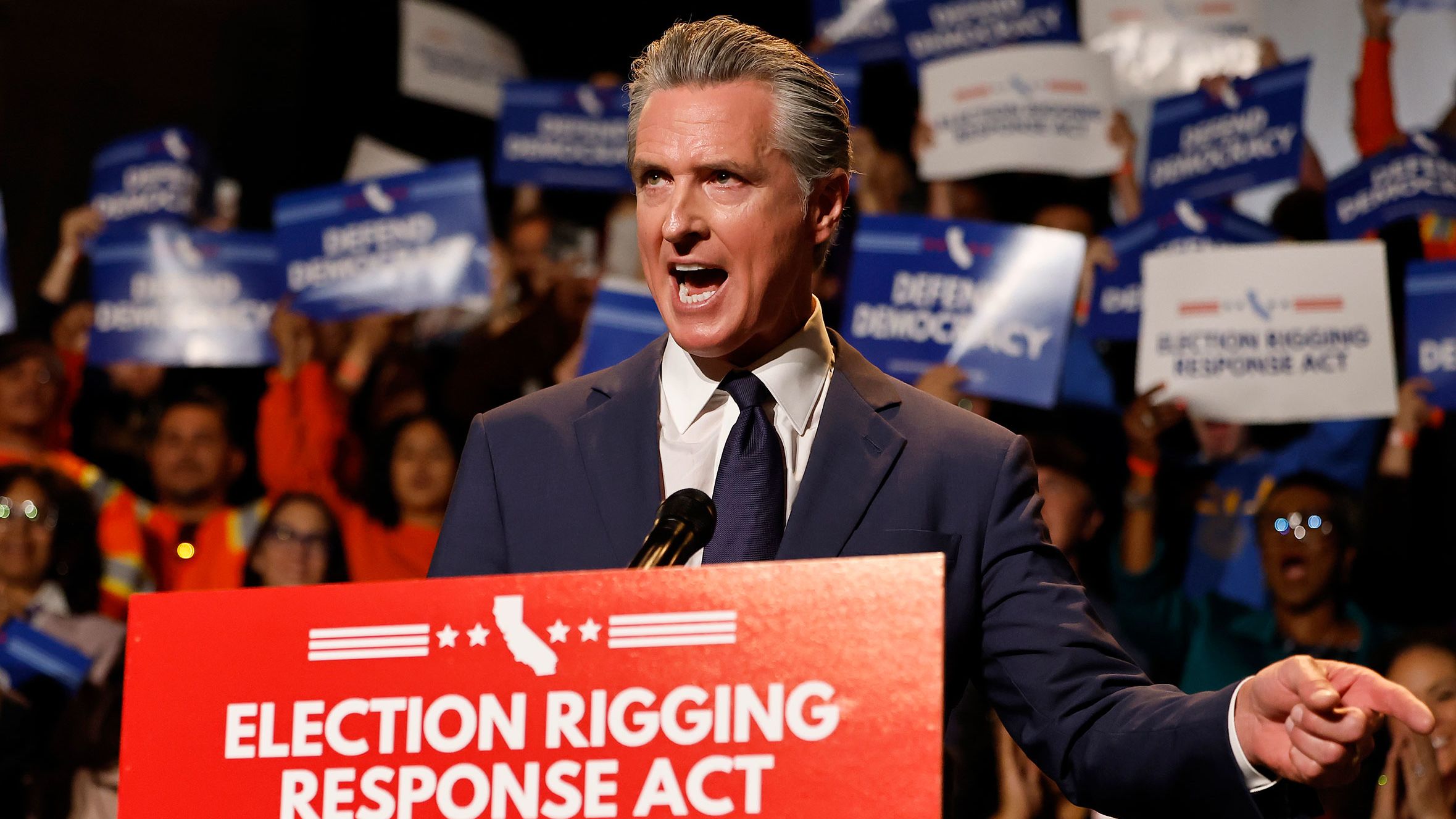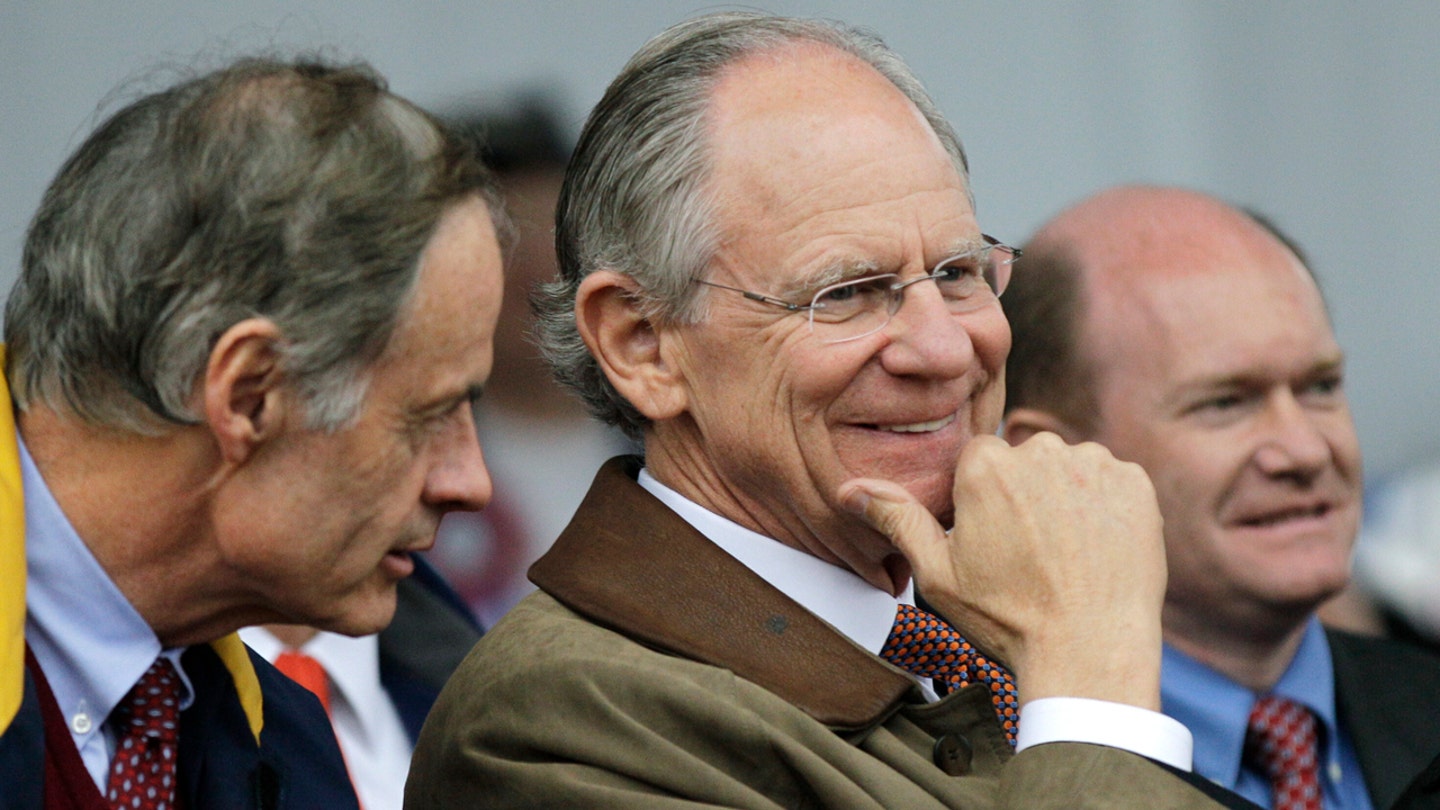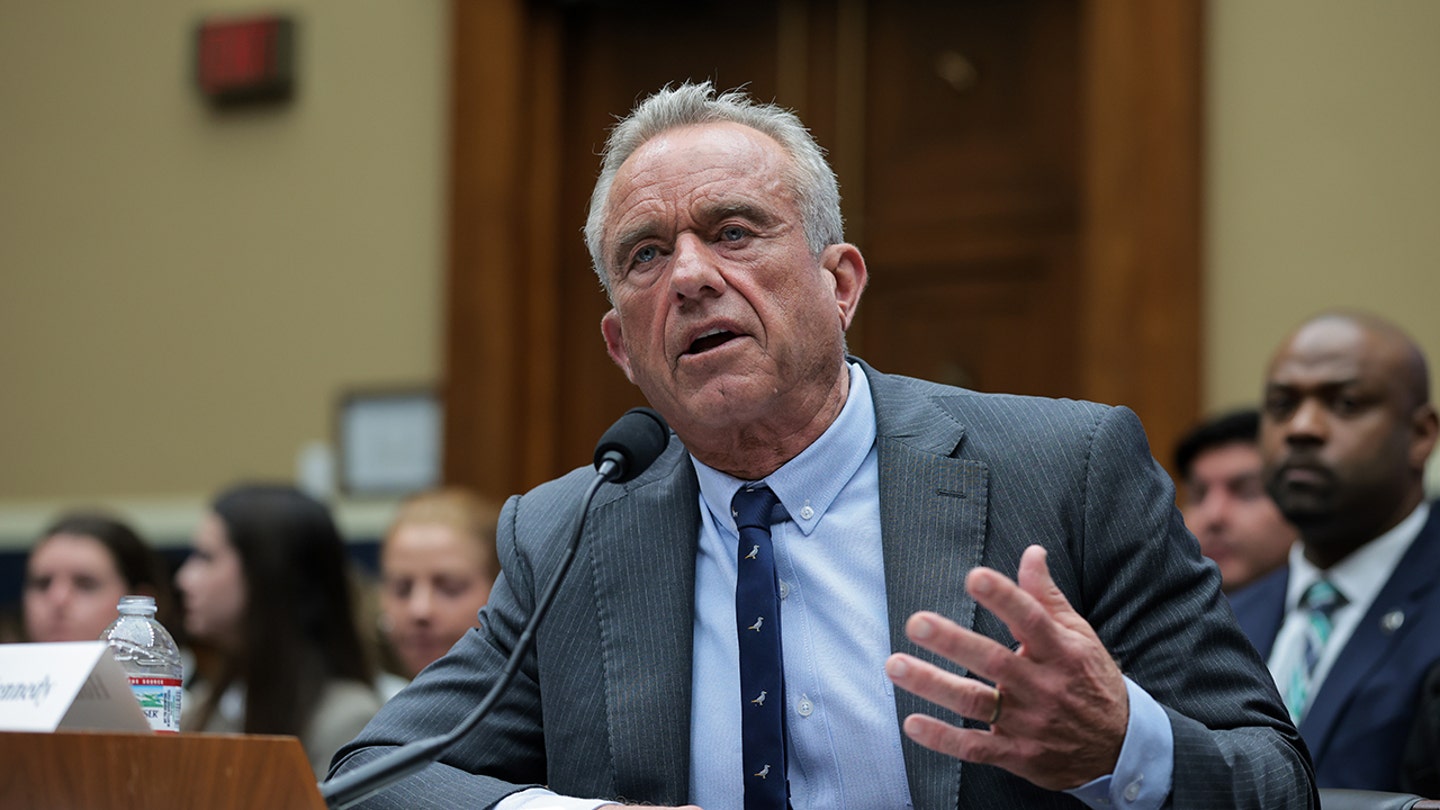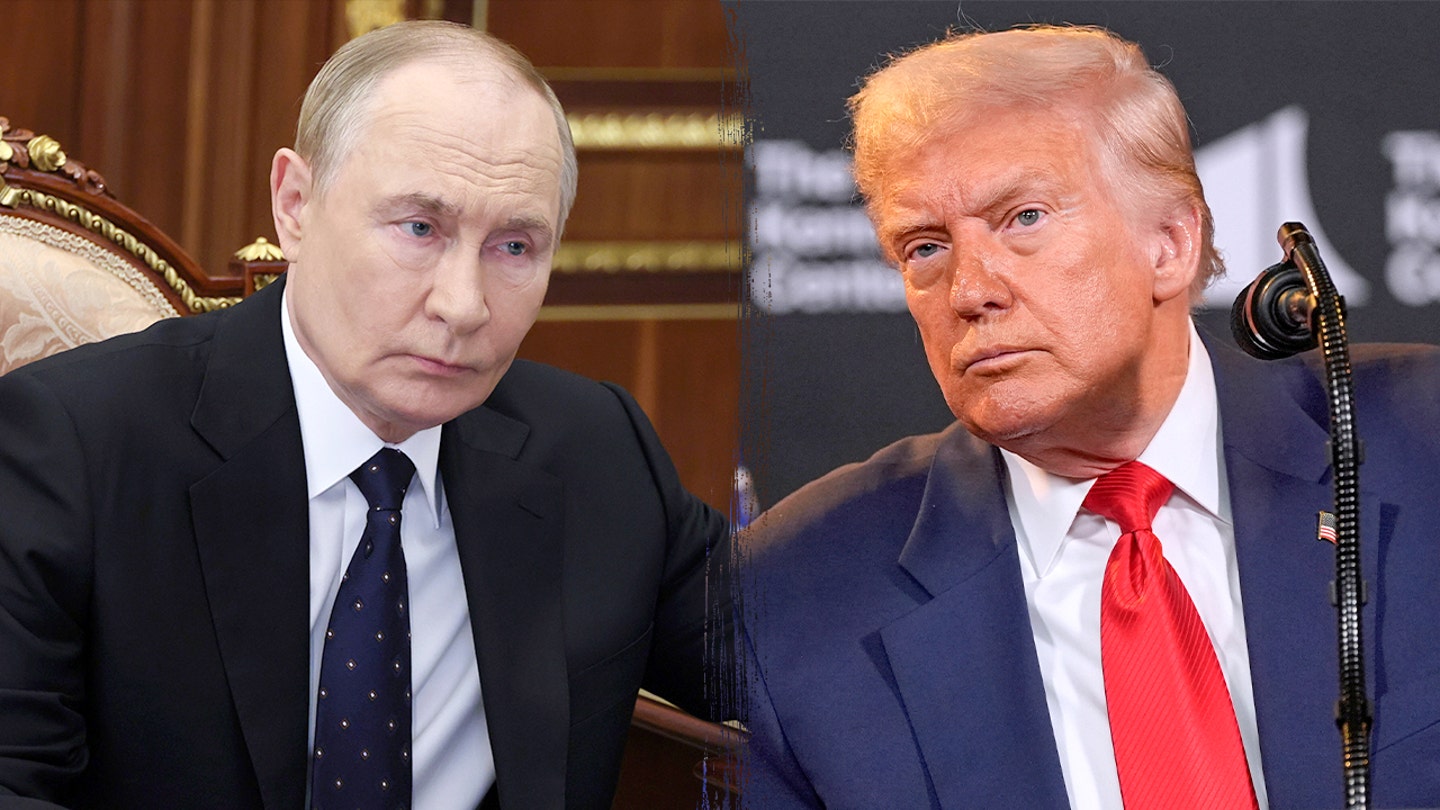Entities mentioned:
- Federal Courts: Security, Duty, Professional pride
- Stanley Bastian: Security, Duty, Professional pride
- Cecilia Altonaga: Security, Duty, Professional pride
- Mark Davis: Security, Duty, Professional pride
- George Russell III: Security, Duty, Professional pride
- Administrative Office of the US Courts: Security, Duty, Professional pride
- Kremlin: Power, Control, Influence
- President Donald Trump: Pride, Competitive spirit, Power
Article Assessment:
Credibility Score: 75/100
Bias Rating: 45/100 (Center)
Sentiment Score: 35/100
Authoritarianism Risk: 25/100 (Generally Democratic)
Bias Analysis:
The article presents a balanced view of the situation, quoting multiple sources and providing context. It includes a brief mention of Trump's response without overtly favoring any political stance.
Key metric: National Cybersecurity Preparedness
As a social scientist, I analyze that this article highlights a significant vulnerability in the U.S. federal court system's cybersecurity infrastructure. The shift to paper-based filings for sensitive documents across multiple federal districts indicates a serious breach that potentially compromises national security and the integrity of the judicial system. This reactive measure, while necessary, exposes the outdated nature of the court's digital systems and the urgent need for modernization. The alleged involvement of a foreign government (possibly Russia) in the cyber attack further emphasizes the geopolitical implications of this security lapse. The varied responses from different district courts also reveal a lack of standardized cybersecurity protocols across the federal judiciary, which could lead to inconsistencies in information protection. This incident may erode public trust in the government's ability to safeguard sensitive information and potentially impact the efficiency of court proceedings.











